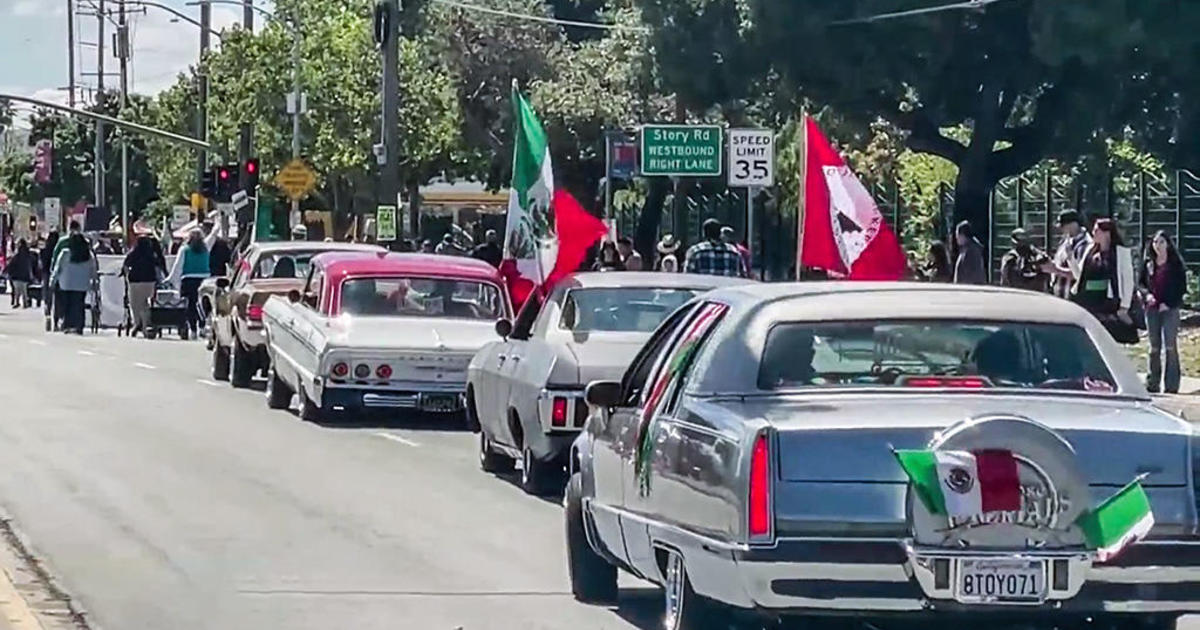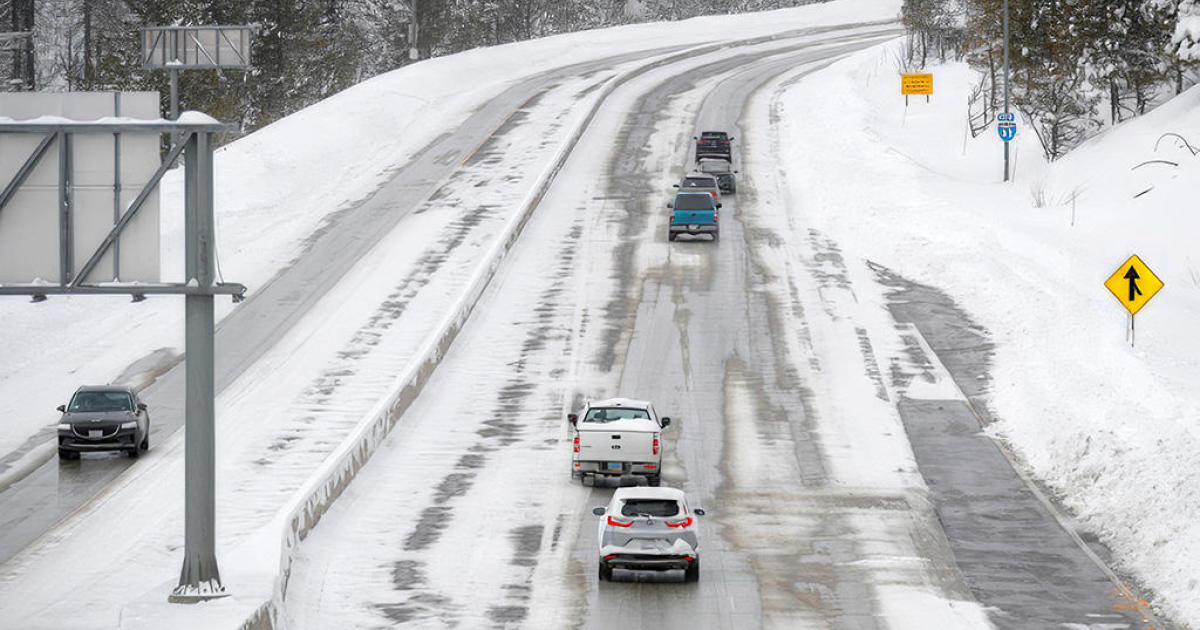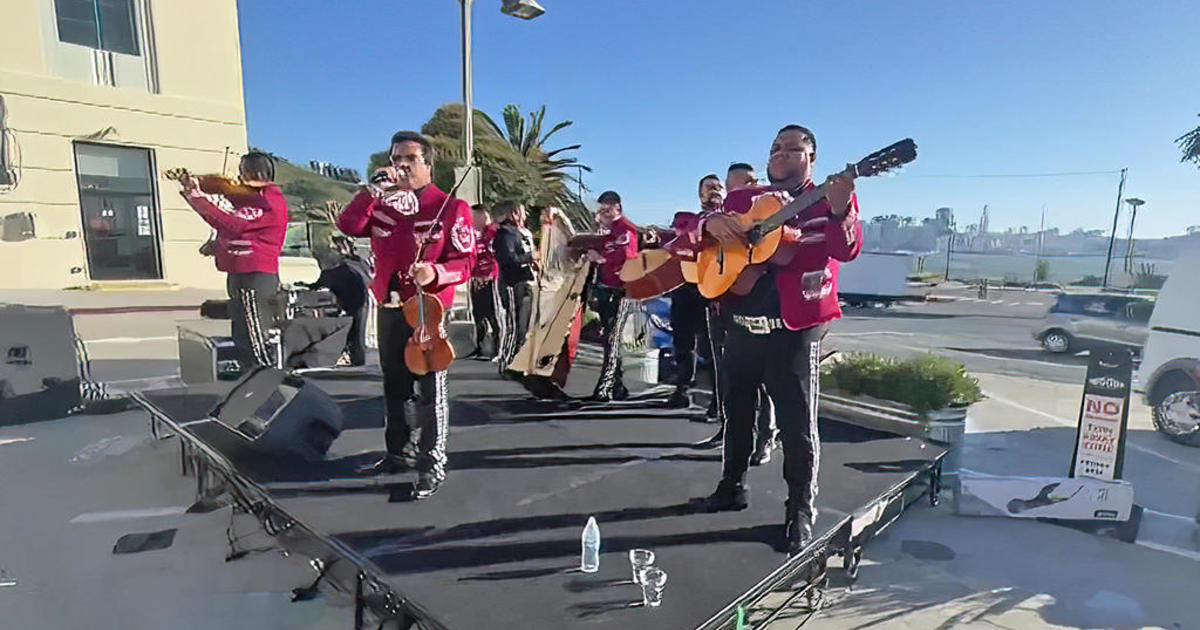Killer robots; Debate over Bay Area law enforcement use of military-grade gear heats up
ALAMEDA COUNTY -- Cities across California are weighing whether to allow their law enforcement agency to use military-grade equipment.
The debate in San Francisco caught global headlines as city supervisors grappled with public pressure to prevent the SFPD from using a robotic attachment that could make a tactical robot deadly.
But officers argue this level of equipment is not only lifesaving, but often misunderstood.
"It's not really how you see it in the movies," Deputy Ryan Swetavage told CBS News Bay Area in an interview. "We're not kicking in doors and running into people's houses in the middle of the night. I don't think I'm giving away secrets here…we make sure that no bad guys can get away or in the neighborhood and present a danger to anybody else."
Swetavage is a Pleasanton native and has worked for the Alameda County Sheriff's Department for 14 years.
He's also a member of the special response unit. He says his team regularly uses equipment that is considered military-grade. Under a recently-adopted California law, all military-grade equipment must be approved for use by the county's governing body.
"[People] think we're there to basically just destroy property, shoot people, and that's not the reality of the situation," Swetavage explained. "We don't want to hurt other people. We don't want to break stuff. We respect people's property and respect their lives. We're all people so we're just trying to do a job."
Under the law, military-grade equipment includes robots, drones, armored vehicles, certain high-powered firearms, teargas, rubber bullets and flashbang grenades.
The bill's author, David Chiu, who now serves as San Francisco City Attorney, says the intention behind the bill is to provide the public with as much transparency as possible.
"There have been many instances in recent years when peaceful protests have been met with military responses in addition to other reasons but fundamentally this is a transparency law, the public has a right to know when and where this equipment is being used," Chiu told CBS News Bay Area.
Local police and sheriff's departments are not alone in having to disclose the equipment. District attorney's offices, county probation departments, and the department of corrections and rehabilitation must also present their military-grade equipment for approval.
California Highway Patrol, Cal Fire and the California National Guard do not fall under this requirement.
Bay Area departments have acquired more than $17 million in military-grade equipment, with roughly a half million spent on maintenance for this equipment each year.
But Swetavage says the gear is a critical barrier that provides law enforcement an extra layer of protection before sending a canine or officer into a situation.
"It's super important, because that technology is what's allowing us that time and distance, right? It's allowing us to take more time to make decisions," he said. "So that way, our decisions are better, because you're making split-second decisions. That's when mistakes get made. But if you have time to really consider your options and bounces options off other people you find really the best solution."
Swetavage says it's a delicate balance between appropriately equipping officers and militarizing the police. But at the end of the day, he says this equipment is what's needed to keep the public safe.



